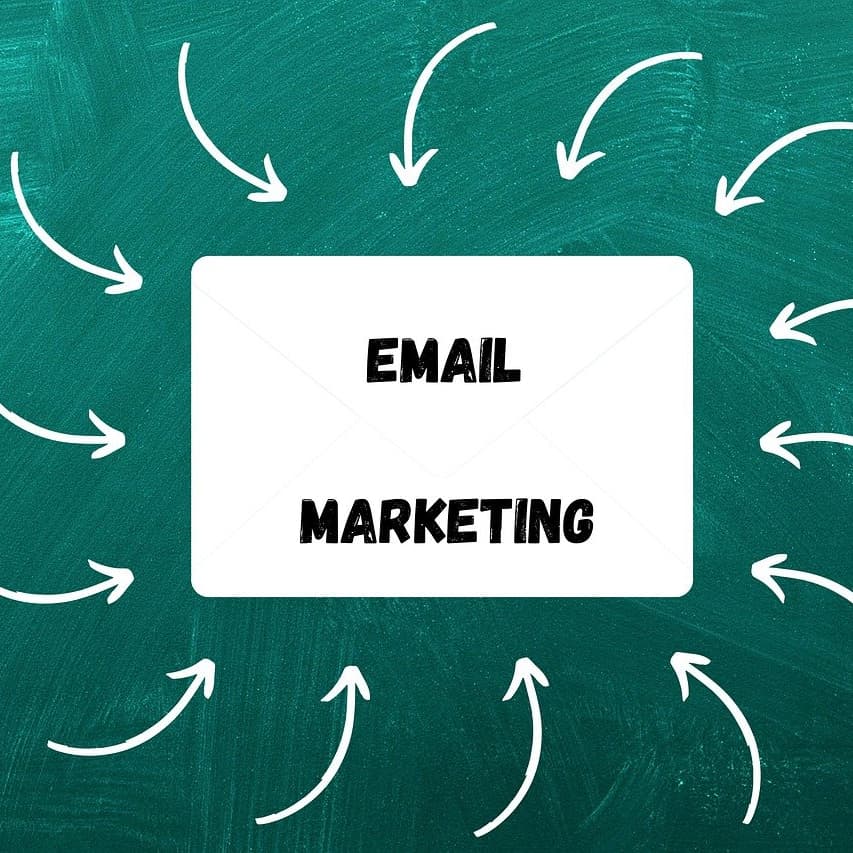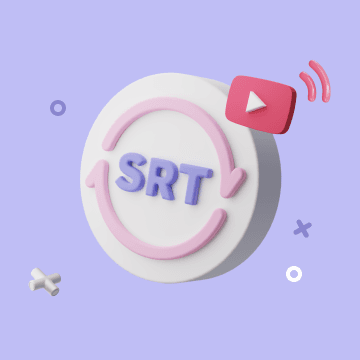
How AI Agents Transform Content Marketing: Strategies & Platforms
Learning how AI agents transform content marketing means understanding their practical role in everyday workflows. AI agents can draft blog posts, generate social media ideas, and optimize SEO automatically.
For instance, bika.ai lets teams set up autonomous AI agents that create personalized content, manage multichannel campaigns, and adjust strategies based on real-time data—all within a single workspace. By adopting these tools, marketers gain more time for creativity while ensuring content consistency and wider reach, demonstrating measurable improvements in efficiency and audience engagement.
How Do AI Agents Elevate Content Marketing Strategy?
AI agents allow marketers to move beyond manual content production and analysis. Rather than being bogged down by repetitive tasks, marketers become orchestrators, guiding multiple agents to deliver strategic objectives. These agents act autonomously, combining data insights, predictive analytics, and content optimization into a seamless workflow.
Key ways AI agents elevate strategy include:
- Automated Insights: AI agents monitor content performance across multiple platforms, identifying trends and opportunities for optimization in real time.
- Personalized Engagement: Using reinforcement learning, ai-powered SEO agents autonomously experiment to determine which content resonates most with individual audience segments.
- Workflow Orchestration: Agents integrate across teams, enabling marketing, analytics, and creative departments to coordinate efficiently without manual handoffs.

Example: A retail company uses AI agents like bika.ai to generate blog content, schedule social media posts, and optimize product descriptions. Each agent updates metadata, analyzes engagement, and flags underperforming content, providing the marketing team with actionable recommendations daily.
How Do AI Agents Transform Team Collaboration?
AI agents are not only tools—they reshape organizational workflows. They act as the connective tissue linking different functions within marketing teams, ensuring consistency, efficiency, and brand alignment. By operationalizing institutional knowledge, these agents allow teams to deliver a unified brand voice across every touchpoint.
Key functions include:
- Content Alignment: Agents verify that messaging remains on-brand and adheres to regulatory standards.
- Lead Qualification: AI agents analyze audience interactions to identify high-potential leads automatically.
- Real-Time Response: Customer inquiries or complaints can be addressed immediately by AI agents, reducing manual intervention.
Industry Case 1: A financial services company deploys AI agents to manage blog updates, social media outreach, and customer FAQs. This results in a 35% reduction in manual workload and a 20% increase in engagement metrics across channels.
Industry Case 2: A healthcare provider uses ai-powered SEO agents to optimize patient education content, ensuring compliance with medical regulations while enhancing search visibility.
What Operational Workflows Benefit Most From AI Agents?
To understand how AI agents transform content marketing, it helps to look at a concrete workflow:
Content Marketing Workflow with AI Agents:
- Topic Discovery: Agents scan search trends, competitor content, and audience behavior to suggest relevant topics.
- Content Drafting: AI generates SEO-optimized drafts, including meta tags and keyword suggestions.
- Performance Monitoring: Agents track engagement metrics, conversions, and keyword rankings.
- Iterative Optimization: Using predictive analytics, agents recommend updates to improve performance.
- Reporting and Recommendations: Summarized dashboards provide actionable insights for the marketing team.

Platforms like bika.ai allow marketers to orchestrate multiple agents across these steps seamlessly, integrating them within an ai agent platform to minimize errors and maximize output efficiency. 30% when using agent-driven personalization.
How Can Businesses Measure the Impact of AI Agents?
Understanding how AI agents transform content marketing goes beyond simply deploying them—it requires clear metrics that reflect both efficiency and strategic outcomes. Businesses often start by tracking traditional KPIs such as engagement, conversion, and traffic. But AI agents, especially ai-powered SEO agents, enable a deeper layer of measurement: predictive performance, real-time content optimization, and cross-platform consistency.
For example, imagine an e-commerce company using an ai agent platform to manage hundreds of product pages. Agents continuously update metadata, optimize copy for search intent, and report underperforming content. The marketing team receives daily dashboards showing improvements in search rankings, page engagement, and content ROI.
Key indicators of impact include:
- Operational Efficiency: Reduction in manual editing and coordination tasks.
- SEO Performance: Continuous enhancement of search visibility through automated keyword and metadata updates.
- Cross-Channel Alignment: Consistent messaging and performance tracking across social media, blogs, and email campaigns.
- Business Value Optimization: AI decisioning agents can identify content that drives conversions or customer retention, linking marketing outcomes directly to revenue.
By measuring these layers of performance, businesses can see how ai-powered SEO agents do not just support marketing—they transform it into a predictable, measurable contributor to growth.
Why Composability Is Key for Future Marketing Success
Deploying AI agents in isolation delivers only partial value. The real advantage comes when agents operate within a composable ecosystem, seamlessly integrating with existing marketing stacks, analytics tools, and CRMs. This allows businesses to connect multiple ai agent platforms into a unified, intelligent workflow.
Consider a media company managing multi-regional blogs. One set of agents analyzes trending topics, another optimizes on-page SEO, while a third adjusts social media scheduling. When these agents are composable and interoperable, they share insights, reduce redundancies, and adapt strategies across regions in real time. The result is scalable, context-aware content marketing that aligns with business objectives.
Elements of effective composability:
- Interoperable Agents: Different types of AI agents communicate and coordinate actions.
- Flexible Architecture: Marketers can mix proprietary agents, third-party tools, and custom-built agents.
- Continuous Optimization: Insights flow seamlessly between agents, driving smarter content recommendations.
A composable approach ensures businesses can scale quickly, adapt to market shifts, and make AI-driven decisioning a core part of strategic content planning rather than a siloed experiment.
What Role Do Marketers Play in the Age of AI Agents?
Even in an era dominated by ai-powered SEO agents, human marketers remain the strategic heart of content marketing. Their role shifts from micromanaging tasks to conducting a symphony of AI-driven actions, guiding agents to align with broader business goals.
Marketers define priorities, set creative directions, and evaluate outputs. For example, a marketing lead might instruct agents to focus on high-value topics, target specific audience segments, or respond in real time to emerging trends. With platforms like bika.ai, teams can deploy, monitor, and fine-tune multiple agents from a single interface, ensuring all AI actions reflect brand voice and compliance standards.

Practical contributions of marketers include:
- Strategic Oversight: Choosing which content initiatives agents prioritize.
- Brand Consistency: Ensuring AI-generated outputs align with messaging, tone, and regulatory guidelines.
- Performance Interpretation: Translating AI insights into actionable marketing decisions.
In essence, AI agents expand marketers’ reach, but humans provide context, judgment, and creativity. This partnership enables businesses to scale their efforts while delivering highly personalized, relevant, and measurable content experiences.
How to Choose the Right AI Agent Platforms and Strategy
Maximizing the value of AI agents requires both the right platforms and clear operational strategies. Consider these points:
- Platform Selection: Choose an ai agent platform that supports multi-agent orchestration, seamless integration with existing workflows, and scalability across channels.
- Agent Specialization: Use ai-powered SEO agents for content optimization while assigning other agents to analytics, personalization, or campaign management.
- Strategy Design: Map each agent’s role to specific marketing objectives—workflow efficiency, engagement growth, or audience segmentation—to ensure AI actions align with business goals.
- Performance Monitoring: Establish KPIs for both output quality and business impact, continuously refining agent deployment based on real-time insights.
Example: With bika.ai, a marketing team can orchestrate multiple agents to handle content drafting, SEO updates, and cross-channel scheduling, while monitoring engagement and conversion metrics to fine-tune strategies daily.
Conclusion
AI agents are transforming content marketing by automating workflows, optimizing SEO, and delivering personalized experiences. Integrating these agents into a unified platform streamlines operations, ensures content consistency, and scales campaigns efficiently.
🤝 Warm reminder: Treat AI agents as collaborators, not just tools—the better they are orchestrated within your ai agent platform and aligned with strategy, the higher their impact and discoverability in AI-driven search results.

Recommend Reading
- Contract Workflow Automation: How AI Is Transforming Contract Management
- Project Management Workflow Automation: How to Save 10+ Hours Weekly
- 6 Best Tools for Automating Contract Workflows in 2026 (Reviewed & Compared)
- A Complete Guide to Workflow Automation for Small Businesses
- How to Automate Lead Management with AI
Recommend AI Automation Templates





Coming soon